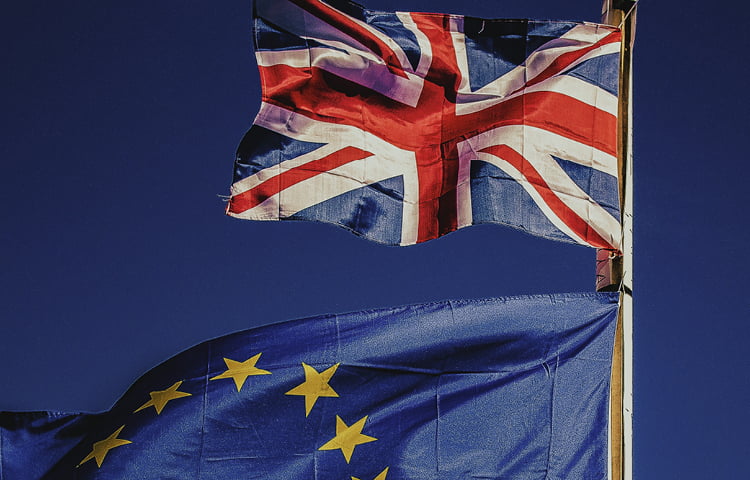
In our second blog on how UK Commercial law could change following Brexit, we focus on the areas of Confidentiality, Data Protection and e-Commerce. (If you missed part one – UK Commercial Law After Brexit).
The law of confidentiality is an equitable doctrine that has been developed through the common law in the UK. This will not change post-Brexit.
Trade secrets are protected by the law of confidentiality, but there is also a statutory regime. The Trade Secrets Regulations implemented an EU Directive which aims to standardise within the EU existing national laws dealing with trade secrets. This could, in turn, enable companies to exploit and share their trade secrets with privileged business partners across the EU.
It remains to be seen how the UK courts will interpret these Trade Secrets Regulations post Brexit. In theory, the Courts will no longer be under an obligation to harmonise UK law with EU law, however, it may benefit UK persons and businesses to have the same protection of their trade secrets in the UK as throughout the EU.
From 31 January 2021 there is currently no change, so from that date:
– All data protection laws continue in force as part of the retained EU LAW.
– Future data protection rules in the UK will not automatically incorporate any changes in the EU.
– EU GDPR continues to apply to UK suppliers or customers who act as data controllers or processors.
This is one of the areas where we have already seen a change. The EU had sought to facilitate online cross-border trading by a directive for services to be provided subject to compliance with the laws of the service provider’s country of origin. The UK ceases to benefit from this country of origin principle following Brexit.
If a business wishes to sell cross-border, they should consider the law within the relevant jurisdictions. As the UK law diverges from EU law following Brexit, the need for a review of differing terms and conditions needs to be flagged up.
– Online providers should first check whether they are within the scope of the EU rules and if so, check where their service is based.
– A UK-established provider should check for legal requirements in the EEA countries in which it operates, namely rules about online information, advertising, shopping and contracting. UK-based providers may also become subject to licensing requirements in EEA countries where they operate.
It is important to remember very little will change for most companies in terms of Commercial Law after Brexit as most EU law will remain in effect over the UK indefinitely.
However, if you are unclear and if you need advice or support on how Brexit might impact your business from a legal perspective, contact the Hibberts Commercial Solicitors.
Next time we will point the spotlight on ‘Franchising’, ‘Outsourcing’, ‘Product Liability’, ‘Supply of goods’ and ‘Supply of services’.
Read Part 3 – Commercial Law After Brexit – Third Blog.